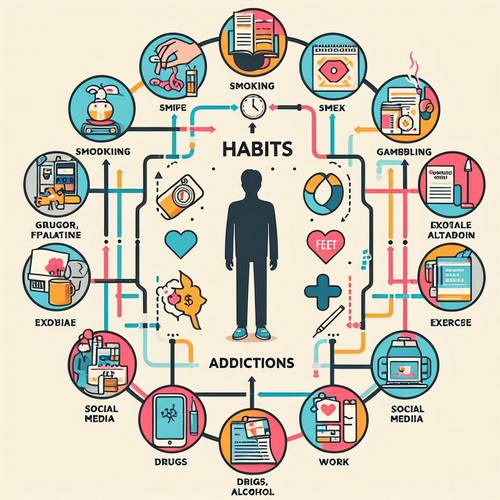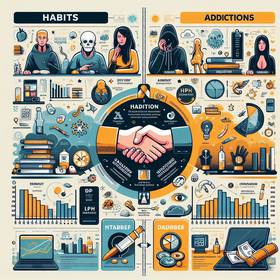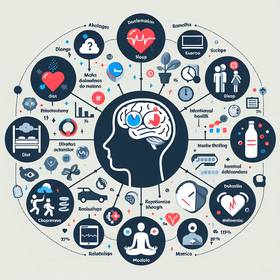What is a Habit?
A habit is a routine behavior that is performed regularly and often automatically, typically without conscious thought. It is formed through repetition and reinforcement, often in response to specific cues or triggers in one's environment. Habits can range from simple everyday actions like brushing teeth to more complex behaviors like exercising regularly. Understanding the nature of habits involves recognizing the neurological pathways involved in habit formation and how they influence our actions on a daily basis.
Understanding Addiction
Addiction is a complex condition characterized by compulsive drug use or engagement in a behavior despite harmful consequences. Unlike habits, which are typically harmless or even beneficial, addiction involves a loss of control over one's actions and a strong craving for the substance or behavior. It often has profound effects on an individual's physical health, mental well-being, and relationships. Addiction can stem from various factors including genetic predisposition, environmental influences, and psychological vulnerabilities.





